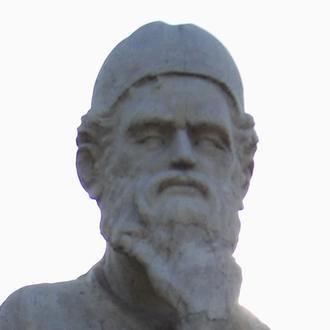Citat
Design must be proved before a designer can be inferred. The matter in controversy is the existence of design in the Universe, and it is not permitted to assume the contested premises and thence infer the matter in dispute.
The belief of an infinity of creative and created Gods, each more eminently requiring an intelligent author of his being than the foregoing, is a direct consequence of the premises, which you have stated. The assumption that the Universe is a design, leads to a conclusion that there are infinity of creative and created Gods, which is absurd
he's saying, God created the universe and it's so admirable and intelligently done, then some even more intelligent and creative maker must have created God
To suppose some existence beyond, or above them, is to invent a second and superfluous hypothesis to account for what has already been accounted for by the laws of motion and the properties of matter. I admit that the nature of these laws is incomprehensible, but the hypothesis of a Deity adds a gratuitous difficulty, which so far from alleviating those that it is adduced to explain, requires new hypotheses for the elucidation of its own inherent contradictions
fb2epub
Dra och släpp dina filer
(upp till fem åt gången)

